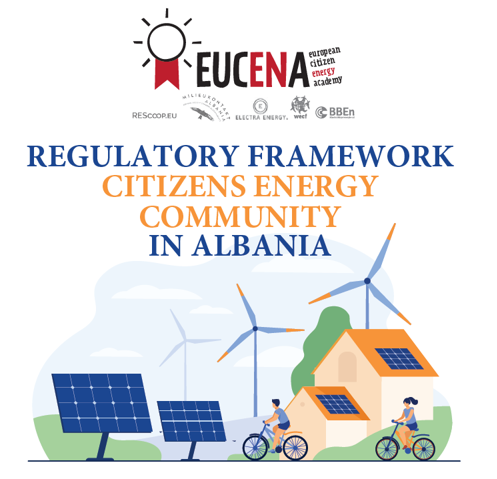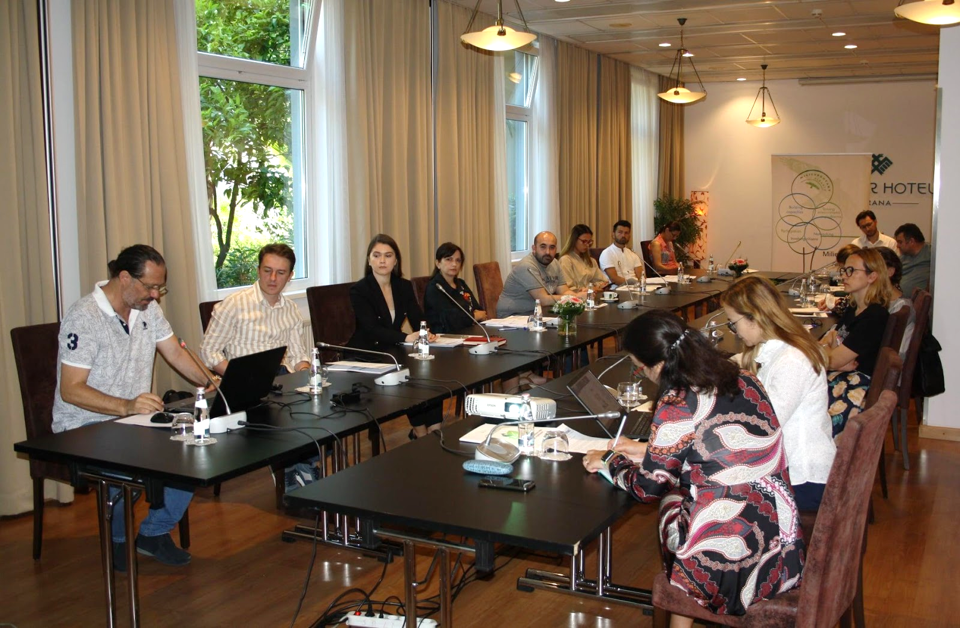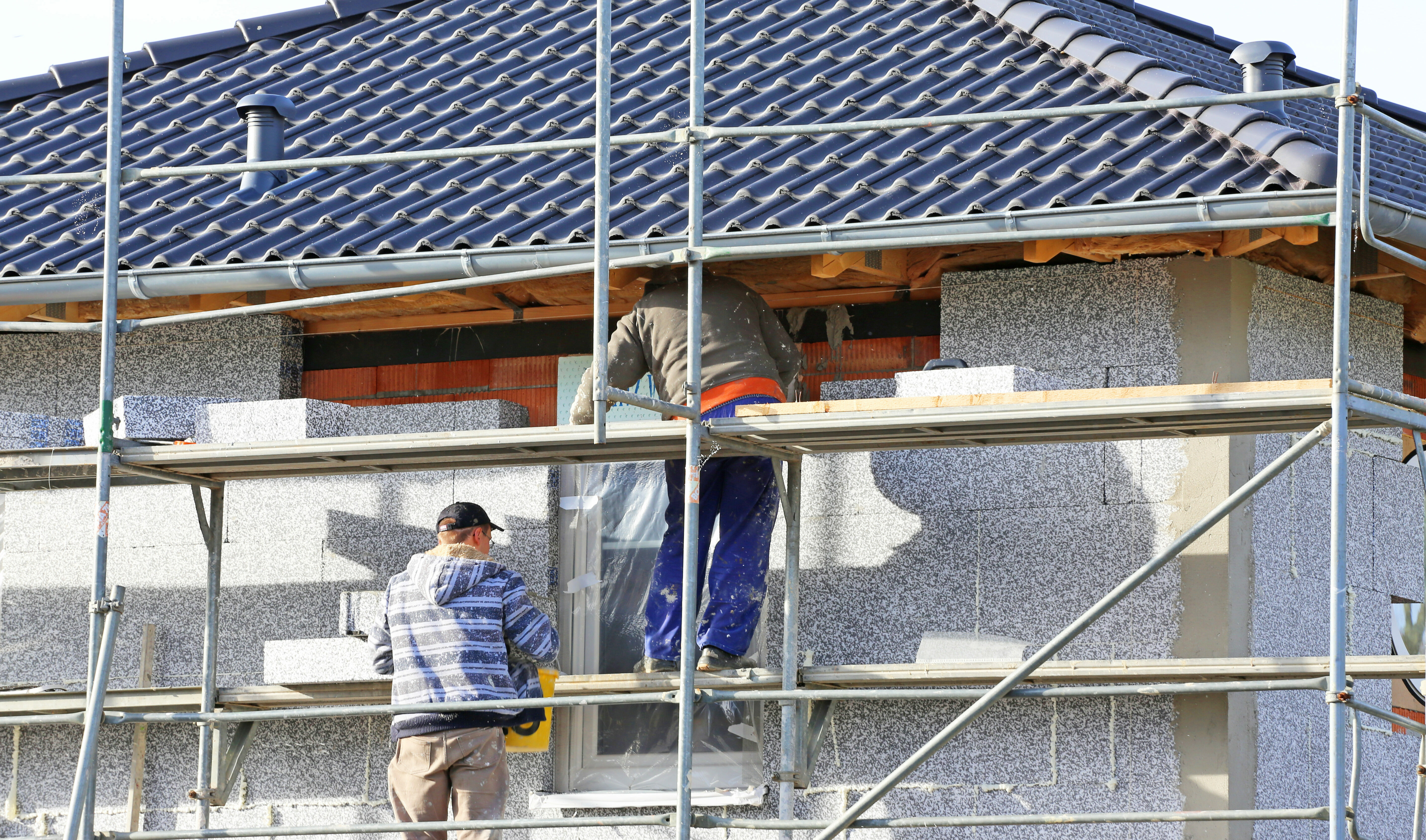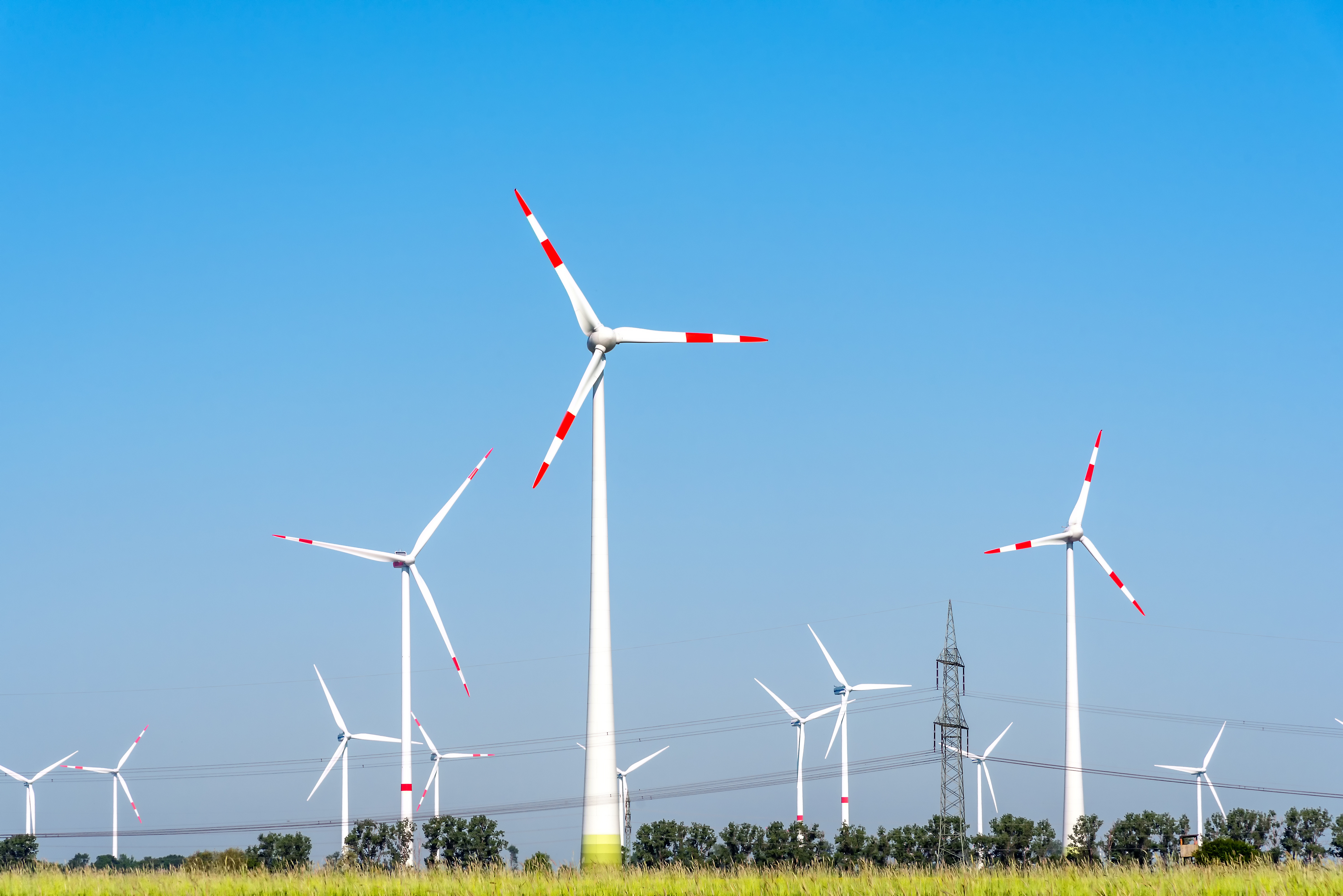News
Pioneering community energy in Albania
In 2019 the European Union adopted the Clean Energy for All Europeans package that, among others, introduced to the EU legislation the concept of “energy communities”. This is an important milestone in democratizing energy transition by supporting citizens and local communities to actively shape the energy system.
A study by the University of Delft estimates that by 2050 83% of EU households could become energy citizens by contributing to renewable energy production, management or storage. This is a big opportunity to transform the energy system, not just from fossil fuels to renewables but also from centralized towards locally embedded, community-owned solutions that not only offer greater flexibility and resilience but also strengthen energy democracy.
Where does Albania stand?
A study published by Milieukontakt and presented at a national meeting on June 9, 2021, emphasizes that the concept of energy community is not well-known in Albania and that it needs time to be introduced and embraced by people.
Albania’s national Energy Strategy already highlights various aspects related to minimizing network losses, increasing primary resources, energy saving, reducing greenhouse gas emissions or increasing the share of renewable energy sources to 42% by 2030. Although several important European energy directives have been transposed into Albanian legislation, the concept of "energy communities" is currently missing in national legislation. The energy sector legislation does mention the concept of "prosumers", but there are no financial incentives or regulations included to support energy communities.

National meeting on Community Energy
The main objective of the national meeting was to inform the public about the regulatory framework for renewable energy, the main actors and their interrelationships, and to find the best ways to increase citizens' engagement in community energy. The meeting was attended by representatives of the Ministry of Infrastructure and Energy, the National Agency for Natural Resources, the Energy Efficiency Agency, representatives of the municipality of Tirana and Shkodra, NGOs and experts in the field. The discussions focused on the current national policy on energy and renewable energy, as well as on the possibilities of establishing "energy communities" in Albania and identifying successful business models for overcoming obstacles and challenges.

Cities and citizens working together
Mrs. Klodiana Bici, from the Directorate of Co-owned Buildings in the Municipality of Tirana, presented the successful models and mechanisms used by the municipality to involve citizens and address issues arising from co-ownership and to cultivate the mentality of cooperation. The projects supported by the municipality in the framework of the Community Fund Initiative (50/50) are, in 90% of the cases, energy conservation and thermal insulation/renovation projects, which confirms the sensitivity of this topic.
Energy efficiency first
Ms. Katerina Marku, an expert from the Energy Efficiency Agency (EEA), presented some projects implemented by the agency. For heating alone, households in Korca use 100,000 m3 of wood, which causes health and environmental problems through the emission of CO2 into the air. EEA is working on a feasibility study for the creation of a heating system that excludes the use of wood, as a first step in tackling this problem. Other pilot projects cover smart city lighting, fast charging, inter-city urban transport, the efficiency of drinking water installations and waste water treatment. The future is electric, so the infrastructure must be adequate.

Learning from Germany
Mrs. Kristina Andre, board member of the German Citizen Energy Alliance BBEn, and co-chair of the IRENA working group on Citizen Energy, presented the German experience in community development and effective ways in which the community can benefit through investments in renewable energy. BBEn represents about 500,000 citizens in Germany who use, produce and consume electricity from renewable sources, accounting for 20% of the energy produced in well-industrialised Germany. Mrs. Andre states that "If the energy demand in Albania is calculated at 5 TWh and the triple coefficient is used, we should be talking about an installation capacity of 100-150 GWp or 35 m2 of PV per person. A mix of solar and wind energy, close to the place of operation would certainly be a good development possibility. Involvement and education of citizens is essential if these initiatives are to be implemented"

What does the Albanian government foresee with regard to community energy?
Mr. Rodon Miraj, advisor to the Minister of Infrastructure and Energy and responsible for reforms in the electricity sector and renewable energy, rated the study as unique because for the first time three aspects are taken into account, namely energy, gender and social aspects. He stressed that the Renewable Energy Directive 2001-2018, which has been transposed by the Albanian government, details how self-generation of energy is regulated. In 2021, the law on renewable energy will be revised. The improvements will mainly concern energy consumption, but no changes related to "community energy" are planned. Albania is not yet part of the EU and directives are not mandatory. According to Mr. Miraj "the law does not prevent energy producers from creating, cooperating and producing renewable energy for their needs, but when they use the existing network to sell energy, the matter is complicated by the fact that the electricity network requires a balance between energy production and consumption. In countries like Albania, a good system balance is a must." However, Mr. Miraj continues "Public institutions that use energy during the day are a very good place to experiment with the installation of PV panels to produce and consume energy continuously, without burdening the grid with the exchange of energy."
The European Citizen Energy Academy (EUCENA) - What’s next?
The EUCENA project will inform and engage citizens in the start-up of energy projects, as well as support the topics of energy transition and the establishment of energy communities in Albania based on the experiences of other European countries. Very soon, the project will launch an open online course, in the MOOC system, with information and knowledge for both beginners and advanced citizens on energy and renewable sources.
This activity is realized within the project European Citizen Energy Academy, “EUCENA” supported by the program “EUKI” - European Climate Initiative of the Federal Ministry of Environment, Nature Protection and Nuclear Safety in Germany.
